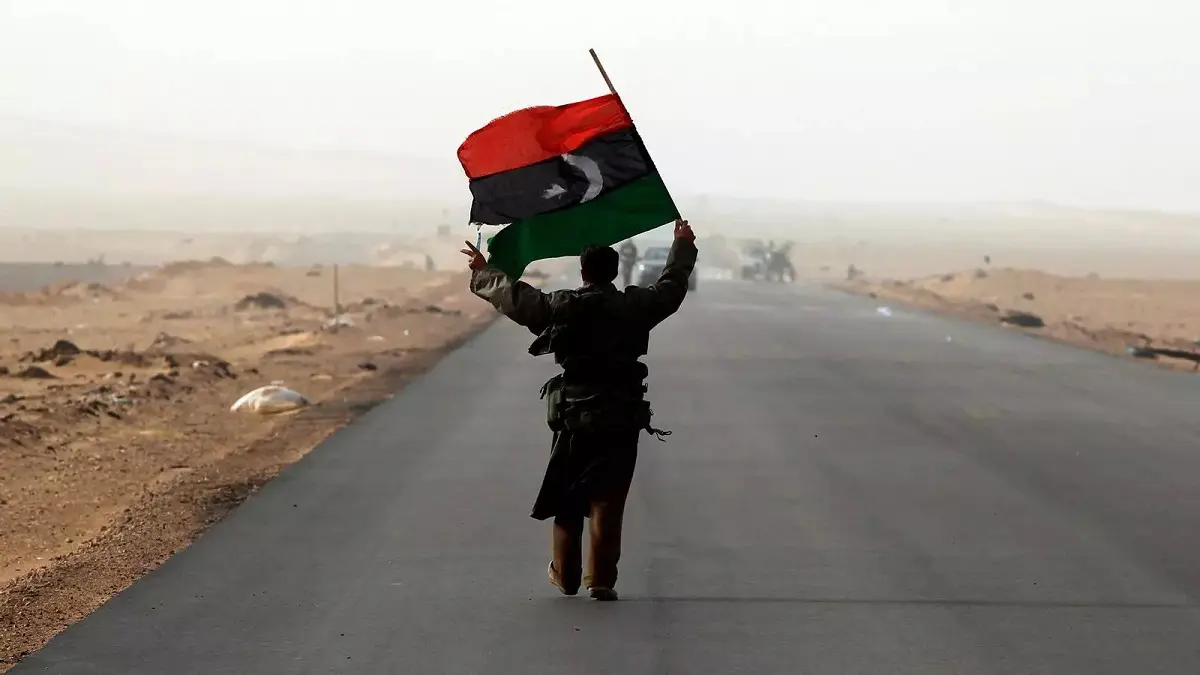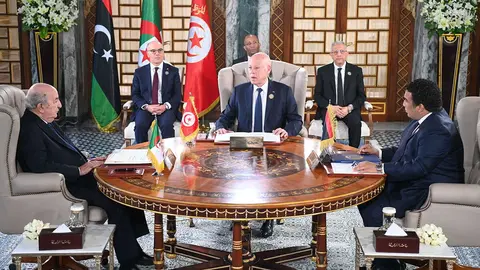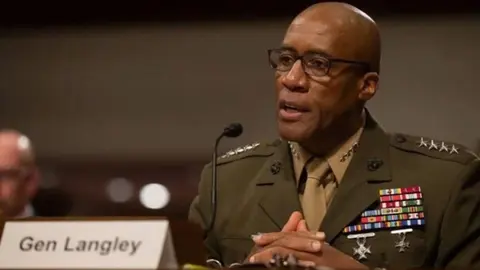More violence in Tripoli

On the ground, instability could trigger a new confrontation in that part of Libya, 20% of which is controlled by the Tripoli government.
In the rest of the country, in Benghazi, there is security and stability. The parliament, the other government and the armed forces led by Marshal Khalifa Haftar are on alert to prevent this new crisis from affecting them, while demanding that the agreements to unify the country be fulfilled.
Curiously, the Tripoli area, where armed militias divide up all kinds of mafia businesses, often in collusion with the government, is internationally recognised.
Over the months, numerous countries have taken steps to establish diplomatic representations in Benghazi, the capital of the eastern zone that controls 80% of the country and the main oil fields, and where the army has imposed order and restored peace and freedom to its citizens.
In Tripoli, the silence of the Libyan judiciary in the face of renewed violence in the streets and the failure of the current head of government to call elections have plunged the nation into a state of uncertainty and discontent.
The recent assassination of a militia leader has highlighted the shortcomings of the Libyan judicial system. The inaction of the attorney general, who should be taking a proactive role in the pursuit of justice, has raised questions about the transparency and autonomy of the judiciary.
The lack of arrests and silence in the face of violence not only erode public confidence in institutions, but also call into question the political will to address growing impunity in the country.
The aspirations of the Libyan people are clear: they want to live in a state where justice is accountable and their rights are protected. The struggle for public trust and stability is a long road that requires genuine commitment from all political actors.
Harmonisation between the forces in the east and the rest of the country is crucial for lasting peace in Libya, and this requires inclusive dialogue that takes into account the interests of all factions involved, compliance with agreements and the Tripoli government's willingness to hand over power and unify with Benghazi, the Parliament and the Armed Forces.



